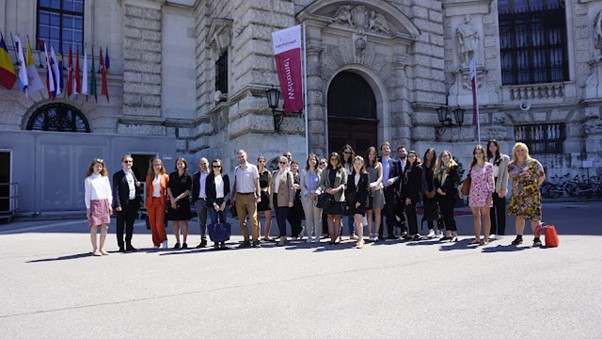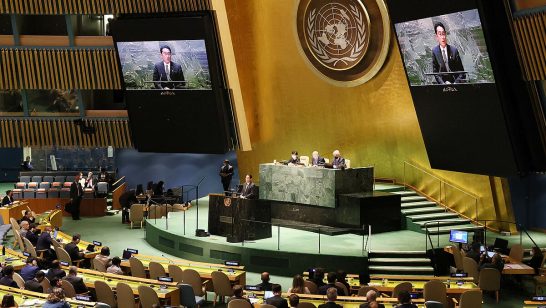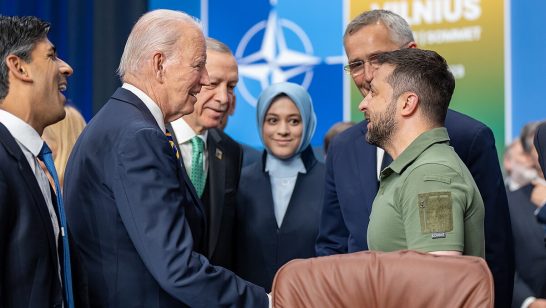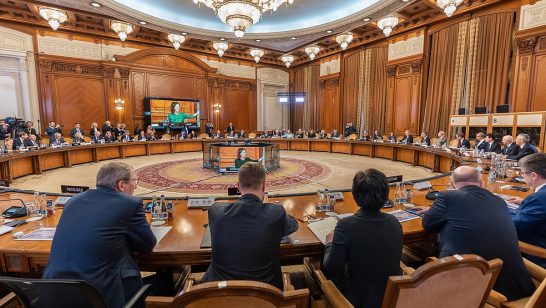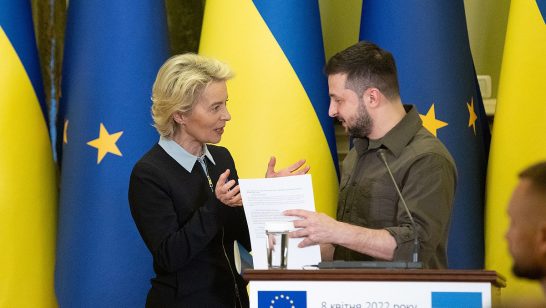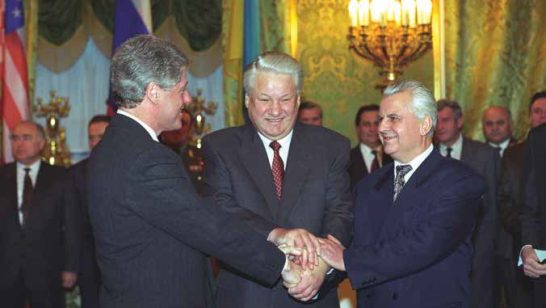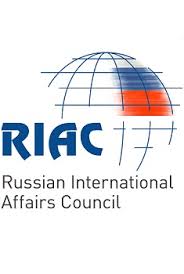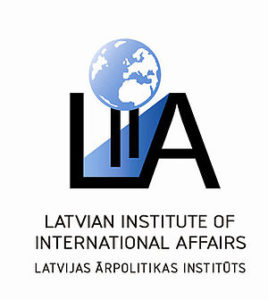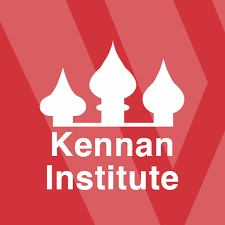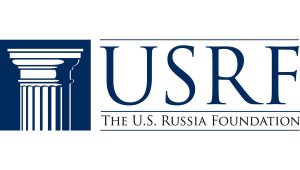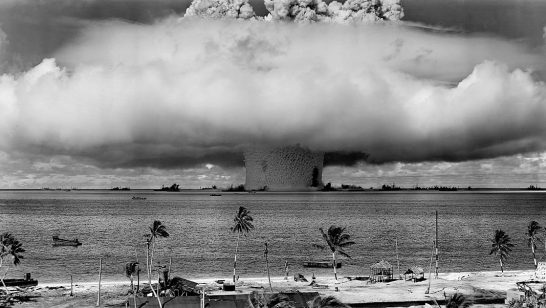
The NPT needs a common understanding of “nuclear threats”: Questions and tasks for the 11th NPT Review Cycle
YGLN members Maren Vieluf and Ananya Agustin Malhotra argue that NPT states need to start talking about whether or not “defensive” and “offensive” nuclear threats can be distinguished. If NPT states can find agreement on this matter, it could bridge the gap between states condemning any and all nuclear threats under any circumstances and those states that stand firmly behind “defensive” nuclear threats and allow for further progress to be made in the 11th NPT Review Cycle.


